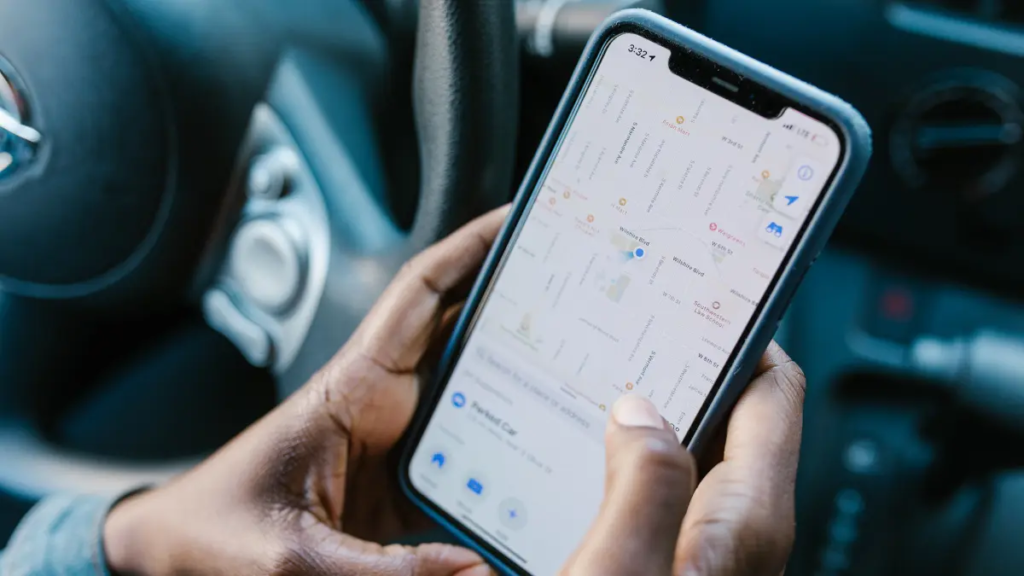GPS tracking for cars has revolutionized the way we monitor and manage vehicles. Whether you’re a concerned parent, a fleet manager, or an individual looking to safeguard your vehicle, GPS tracking offers numerous benefits. In this article, we’ll explore how GPS tracking for cars works and the various advantages it brings, from enhanced security to improved efficiency.
How GPS Tracking for Cars Works
GPS, or Global Positioning System, relies on a network of satellites orbiting the Earth to pinpoint the location of a GPS device accurately. GPS tracking for cars involves installing a small GPS device within the vehicle. This device communicates with the GPS satellite network, providing real-time location data that can be accessed remotely.
Enhanced Vehicle Security
One of the primary benefits of GPS tracking for cars is enhanced security. In the unfortunate event of theft, a GPS-equipped vehicle can be quickly located and recovered, increasing the chances of preventing theft and minimizing losses. This added layer of security provides peace of mind to vehicle owners.
Real-Time Location Tracking
GPS tracking allows vehicle owners and managers to monitor the real-time location of their cars. Whether it’s tracking a loved one’s whereabouts or managing a fleet of vehicles, knowing the exact location at any given moment is invaluable. This feature is especially beneficial for businesses seeking to optimize operations and improve efficiency.

Geofencing and Alerts
GPS tracking systems often include geofencing capabilities. Geofencing allows users to define specific geographic boundaries. When a vehicle equipped with GPS tracking crosses these boundaries, the system can send alerts via email or text message. This functionality is useful for monitoring vehicle usage and ensuring compliance with established routes.
Maintenance Reminders
Many GPS tracking systems offer maintenance reminders based on vehicle mileage or engine hours. These reminders help vehicle owners and fleet managers stay on top of regular maintenance tasks, reducing the risk of breakdowns and extending the lifespan of the vehicle.
Driver Behavior Monitoring
Some GPS tracking systems can monitor driver behavior, including speed, harsh braking, and acceleration. This information is valuable for improving driver safety and reducing fuel consumption. It also allows businesses to reward safe driving practices and address unsafe behaviors.

Reduced Fuel Costs
GPS tracking can help reduce fuel costs by optimizing routes and discouraging unnecessary idling. When drivers follow the most efficient routes, it not only saves time but also reduces fuel consumption, ultimately leading to cost savings for businesses and individuals alike.
Insurance Discounts
Several insurance companies offer discounts to vehicle owners who install GPS tracking devices. These devices can act as theft deterrents and improve the chances of vehicle recovery, making them attractive to insurers looking to mitigate risk.
Improved Fleet Management
For businesses with fleets of vehicles, GPS tracking is an indispensable tool for fleet management. It allows managers to track vehicle locations, optimize routes, monitor driver behavior, and ensure vehicles are used efficiently. These benefits translate into cost savings and improved operational efficiency.
GPS tracking for cars has evolved into a multifaceted tool that enhances safety, security, and efficiency on the road. Whether you’re concerned about the safety of your loved ones, looking to protect your vehicle from theft, or managing a fleet of vehicles, GPS tracking offers a range of benefits that can significantly improve your peace of mind and overall vehicle management experience.
